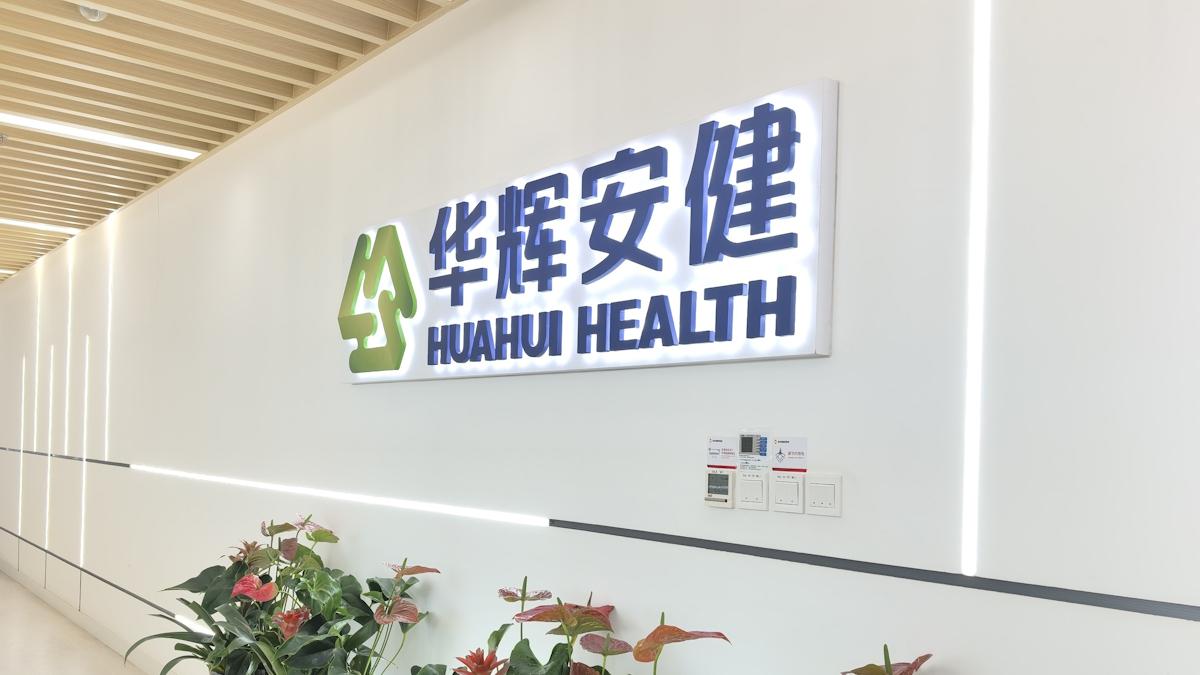Not-for-profit gets tuberculosis drug approved ahead of big pharma

The FDA has approved a new drug to treat certain types of multi-drug resistant tuberculosis – but it’s taken a not-for-profit organisation supported by governments and the billionaire philanthropist Bill Gates to get it across the line.
Developed by the TB Alliance, Pretomanid has been approved in combination with bedaquiline and linezolid for a limited and specific population of adults with extensively drug resistant, treatment intolerant, or nonresponsive multidrug resistant pulmonary TB.
These types of resistant TB are difficult to treat with available therapies and according to the World Health Organisation there were 490,000 cases of multidrug-resistant TB worldwide, with a smaller portion of extensively drug-resistant cases.
But the approval of Pretomanid demonstrates the slow pace of research into new antimicrobial drugs from big pharma - this is only the third TB drug backed by the FDA in the last 40 years.
While the TB Alliance says that it aims to partner with pharma, its website names only donors such as the Bill & Melinda Gates Foundation, the UK’s Medical Research Council, and foreign aid from countries including the US, UK, Netherlands, Ireland, and Australia.
The TB Alliance was formed in South Africa in 2000, and has set up a global network of partnerships to develop new TB drugs, and with Pretomanid has become the first not-for-profit organisation to develop and register an antibiotic.
According to its website the TB Alliance was formed specifically because of the lack of market incentive for pharma companies to develop new TB treatments.
With use of antibiotics limited to a small number of patients, pharma companies have often been criticised for failing to invest in new antimicrobial drug because they will not see a return on investment.
However a pipeline review by the Working Group on New TB Drugs shows that big pharma may be coming back on board - Otsuka, Janssen, Sanofi and Novartis are all involved in late-stage research into TB drugs, although there are several trials funded by other organisations such as universities.
The FDA pointed out that this is the second time a drug has been approved under a special pathway for antibacterial and antifungal drugs aimed at limited populations.
FDA principal deputy commissioner Amy Abernethy said: “We hope we continue to see more development of antibacterial drugs for treating serious or life-threatening infections in limited populations of patients with unmet medical needs.”
Approval of Pretomanid was mainly based on a study of 109 patients with extensively drug-resistant, treatment intolerant or non-responsive multidrug-resistant pulmonary TB (of the lungs).
Of the 107 patients who were evaluated six months after the end of therapy, 95 (89%) were successes, which significantly exceeded the historical success rates for treatment of extensively drug resistant TB.
The most common adverse reactions included damage to the nerves (peripheral neuropathy), acne, anaemia, nausea, vomiting, and headache.












